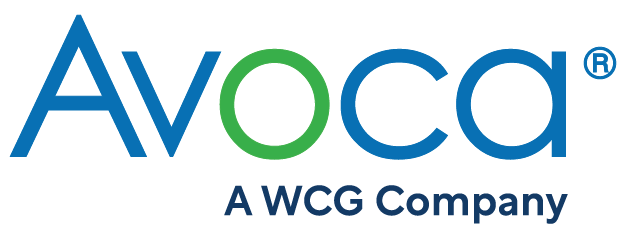Metric Master Certification Independent Project
Take all three Performance Metric eCourses and reinforce your learning experience by completing a Metric Master Certification Independent Project. Upon successful completion of the eCourses and Independent Project, you will be awarded a Metric Master Certificate and a Metric Master logo for you to add to your email address box. You may add this unique certification to your Resume, CV and LinkedIn Profiles.
Project Purpose and Scope
- Demonstrate an understanding of eCourses 201-203 concepts
- Show your ability to apply course concepts to a real situation in your company
Project Requirements
Prepare a presentation and/or written paper describing your output from Steps 1-5. Present the project output to your instructor via an online meeting.
- Select a performance metric-related issue to address – define the project purpose and scope statement. Provide rationale for selecting the issue – if possible, cite concepts discussed in eCourses 201-203 to justify your rationale. For example, if your department only tracks “cycle time” metrics, discuss why your department should identify other types of metrics such as quality metrics that adhere to the SMART CRITERIA.
- Review the project purpose and scope with your advisor before proceeding with the remaining steps. Your may request that the advisor sign a confidentiality agreement prior to you discussing the project purpose and scope.
- Identify new and/or modify metrics to be tracked by your organization or department. Follow the Metric Development Framework process described in eCourses 202 and 203.
- Create a process map (if applicable)
- State the Critical Success Factor(s) (CSF) for the area covered your project.
- Develop at least three Key Performance Questions (KPQ) that align with the CSF in Step 3b. Please include at least one KPQ about a quality aspect of the CSF.
- Define 1-2 metrics that answer each KPQ in Step 3c.
- Each metric should be defined using the Metric Definition Template discussed in eCourses 201 and 202.
- If possible, include at least one metric that been “normalized” to be able to compare results across sites or studies (see eCourse 201 for details).
- Create metric reports for at least 3 of the metrics defined in Step 3.
- Use at least two different types of charts described in eCourse 203.
- Apply the formatting “tips and tricks” reviewed in the eCourse 203 to maximize the impact of the charts.
- You may generate the charts using Microsoft Excel – please see the eCourse 203 attachments tab to download chart generation instructions.
- Project Reflection Statement Please share your feedback about the value of completing the project. What did you learn that you can apply to your job? What challenges did you face? What would you do differently next time? Would you recommend that others complete the certification process? Are you willing to discuss this project with other members and/or industry peers?
- Present the project output with your project advisor. You may request that the advisor sign a confidentiality agreement prior to you sharing the project results.
Prerequisites: e201, e202, e203
Price: $320
Accreditation: Please contact us if you need a Certificate of Completion to obtain ACRP and SOCRA CEUs
